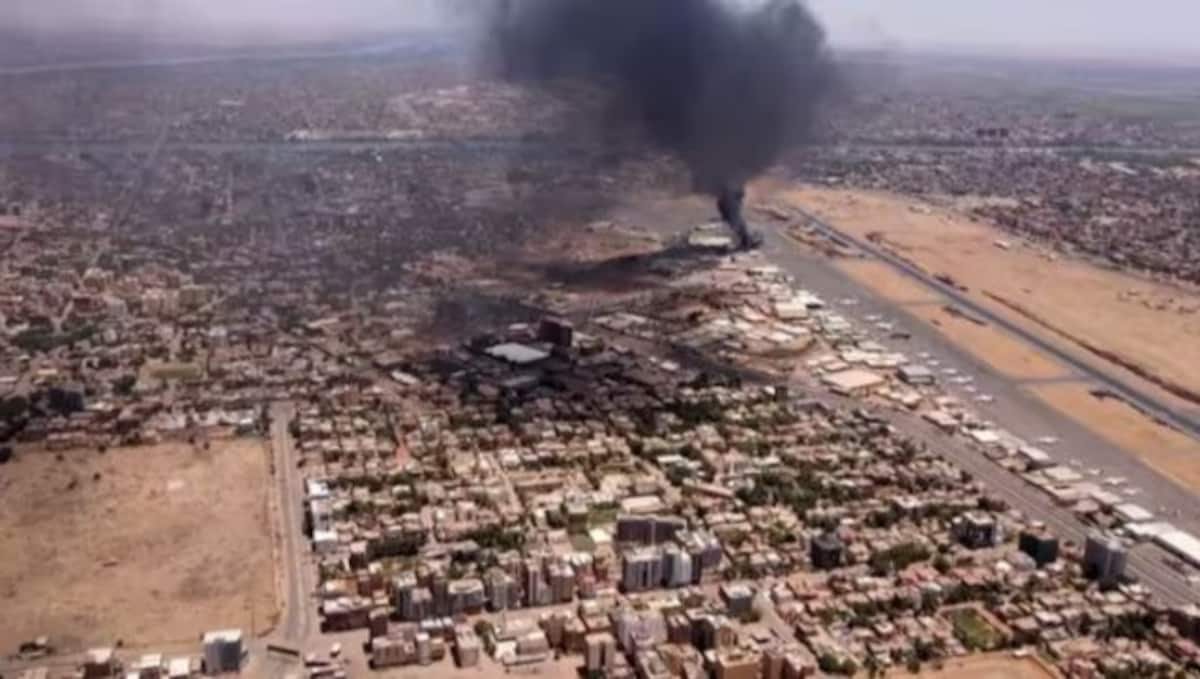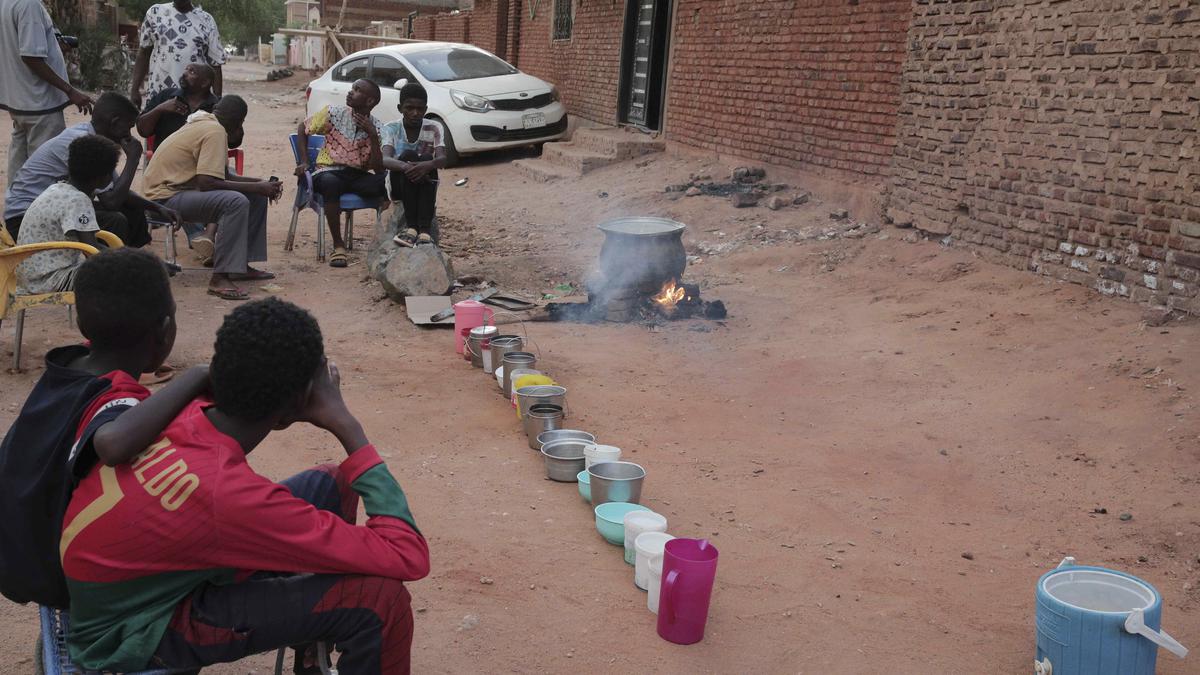Sudan’s Warring Generals Agree to 72-Hour Truce, Easing Tensions
In a significant development, a 72-hour ceasefire has been implemented between Sudan’s warring generals, aiming to facilitate the delivery of much-needed humanitarian aid to the country. The truce went into effect on Sunday, coinciding with the eve of a crucial humanitarian conference.
Witnesses in the capital city of Khartoum reported a sense of calm prevailing in the area as the ceasefire took hold. This temporary cessation of hostilities serves as a respite in the ongoing conflict between the Army led by Abdel Fattah al-Burhan and the paramilitary forces under the command of his former deputy, Mohamed Hamdan Daglo. The power struggle between the two factions had escalated since April 15, resulting in clashes and heightened tensions.
The implementation of the 72-hour truce holds significant importance, primarily as it creates a conducive environment for the delivery of essential aid to the affected regions. Sudan has been grappling with a dire humanitarian crisis, necessitating immediate assistance to alleviate suffering and provide relief to the vulnerable populations.
The humanitarian conference scheduled to take place provides an opportunity for international partners to discuss and coordinate efforts to address the pressing needs of Sudan. The ceasefire, preceding the conference, demonstrates a collective commitment to prioritizing the well-being and welfare of the Sudanese people.

While the truce is temporary, it offers a glimmer of hope for a broader resolution to the conflict and a path towards lasting peace. The cessation of hostilities enables humanitarian organizations to reach communities in need, providing critical medical supplies, food, clean water, and other essential assistance. It also allows for the assessment of further requirements and the planning of long-term support mechanisms.
Sudan, with its rich history and diverse population, holds immense potential for growth and stability. The warring factions must recognize the urgency of resolving their differences through dialogue and negotiation, paving the way for a peaceful and prosperous future for the country.
The international community, including neighboring countries and regional organizations, plays a vital role in supporting Sudan’s peacebuilding efforts. Collaborative initiatives and diplomatic engagement can foster trust, encourage dialogue, and contribute to the overall stability of the region.
As the 72-hour ceasefire provides a brief respite from the violence, it is essential for all parties involved to seize this opportunity and engage in meaningful discussions. By working towards a comprehensive and inclusive peace process, Sudan can overcome its challenges and embark on a path of reconciliation, unity, and sustainable development.
In conclusion, the 72-hour truce between Sudan’s warring generals marks a crucial step towards easing tensions and addressing the urgent humanitarian needs of the country. The temporary cessation of hostilities provides an opportunity for the delivery of aid and the convening of a significant humanitarian conference. The international community’s support, combined with sustained dialogue and negotiations among the Sudanese factions, holds the key to achieving lasting peace and stability in the nation.

